May faces cabinet pressure over Brexit customs union
British Prime Minister Theresa May is struggling to avert a cabinet rebellion amid fears from euroskeptic lawmakers of her party that she will keep the United Kingdom in the European Union’s customs union after Brexit.
Tories in May’s inner circle think the premier could be forced to accept staying in the customs union because Parliament will reject her plan to pull out from it, according to reports.
Members of the House of Lords have already inflicted an embarrassing defeat on the May government by voting against her flagship Brexit legislation, the European Union (Withdrawal) Bill, also known as the Repeal Bill.
Now the House of Commons will vote on the measure. If MPs also vote in favor of remaining in the customs union with the bloc, it could trigger a challenge to May’s leadership from Brexit campaigners in the Conservative Party.
“We need to take back control of trade -- that means leaving the protectionist Customs Union,” Environment Secretary Michael Gove tweeted on Sunday.
May’s aides said on Sunday that the key policy on Brexit hasn’t changed and insisted she’s committed to breaking away from European customs laws.
“Trying to keep us in a customs union would be deeply divisive in the party, the Commons and the country at large,” Jacob Rees-Mogg, chairman of the European Research Group of Euroskeptic Conservatives, told the Sunday Telegraph.
“The route we’re going for is leaving the customs union but ensuring that we don’t put in place unnecessary barriers to our trade with the European Union,” Justice Secretary David Gauke said on Sunday. “We can make that case to Parliament, we can win that case.”
May has admitted that there are “hard facts” Britain should be ready to face about the economic consequences of leaving the EU.
She has said the UK would leave the EU’s single market and customs union after Brexit in March 2019, noting the country may suffer new trade barriers as a result of her move.
May has also said that any customs union deal with the EU would keep London from striking new trade deals with fast-growing economies like China and India.
In Britain’s 2016 referendum, 52 percent, or 17.4 million people, voted to leave the EU while 48 percent, or 16 million, voted to stay.
May insists Britain will leave the EU as planned and there will be no rerun of the Brexit referendum.

Zionist lobby head in UK caught in pedophile scandal

Musk interferes in British politics

Iran dismisses UK, Australia’s ‘baseless’ claims, urges end to interventions in West Asia
UFC legend Khabib Nurmagomedov accuses US airline of racism after being deboarded
Israel turns hospitals into mass graves in ‘hellish’ north: Gaza Health Ministry
Israel bombs Lebanon in new violation of truce with Hezbollah
Jan. 12: ‘Axis of Resistance’ operations against Israeli occupation
Gaza’s GDP plummeted by 82% amid Israel's genocide, statistical data show
Iran Army unveils ‘daunting’ laser-powered air defense system guarding nuclear sites
VIDEO | 1,000 strategic, anti-fortification drones join Iran Army arsenal
Iran: US military, political intervention in Yemen complicating Red Sea situation


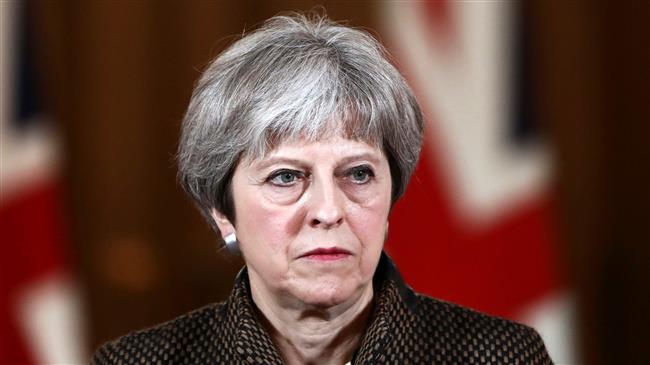






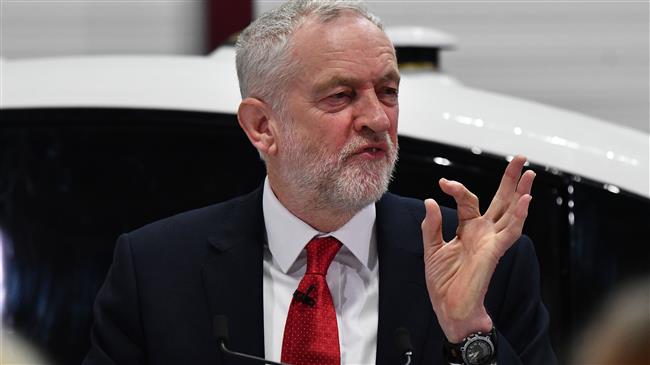
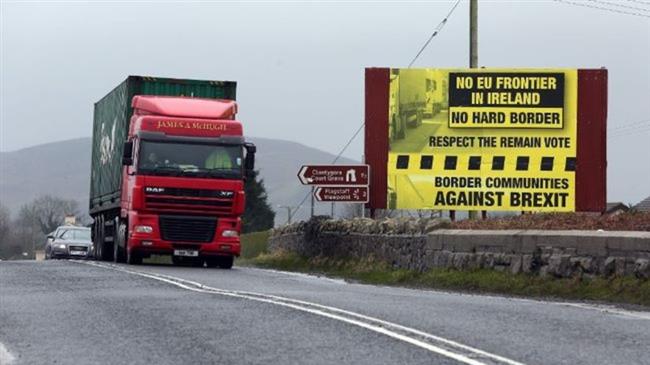
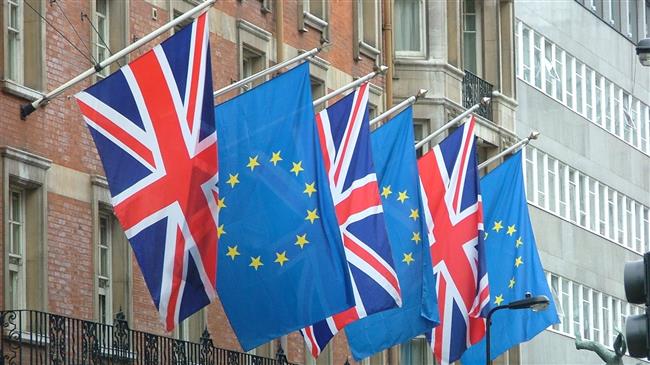
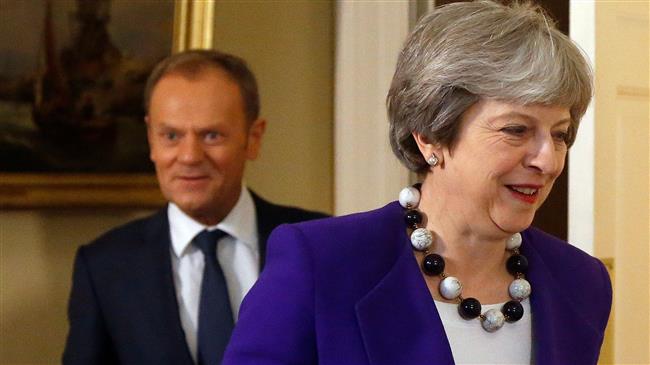

 This makes it easy to access the Press TV website
This makes it easy to access the Press TV website